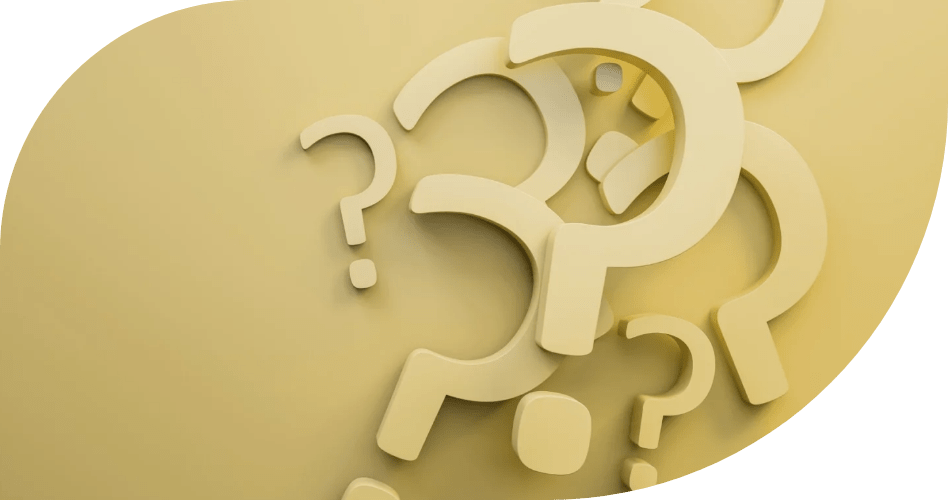1. What is mental therapy?
Mental therapy, also known as psychotherapy or counseling, is a professional therapeutic approach aimed at improving mental health and well-being. It involves talking to a trained therapist to explore and address psychological and emotional challenges.
2. How can mental therapy help me?
Mental therapy can help you in various ways. It provides a safe and nonjudgmental space where you can express your thoughts and feelings. Therapists offer support, guidance, and tools to help you develop coping strategies, improve relationships, manage stress, overcome trauma, and work through personal issues.
3. Do I need to have a problem to start psychotherapy?
You don’t have to have a problem to get started psychotherapy. Psychotherapy is a process that can help at different stages of your life, even if it doesn’t you are dealing with a psychological problem.
4. How do I choose the right therapist for me?
Choosing the right therapist is crucial for a successful therapy journey. Consider factors such as their qualifications, experience, specialization, therapeutic approach, and compatibility with your personality. You can also ask for recommendations from trusted sources or consult online directories that provide therapist profiles.
5. Who can benefit from mental therapy?
Mental therapy can benefit anyone facing emotional or psychological difficulties. It is useful for individuals experiencing anxiety, depression, stress, grief, relationship issues, self-esteem problems, trauma, and other mental health concerns. Therapy is also beneficial for personal growth and self-exploration.
6. How long does therapy take?
The duration of therapy varies depending on individual needs and goals. Some people may find short-term therapy (around 8-12 sessions) beneficial for addressing specific issues, while others may engage in long-term therapy for more profound personal growth. You and your therapist can discuss and decide on the most suitable treatment plan.
7. Is mental therapy confidential?
Confidentiality is a fundamental principle in mental therapy. Therapists are ethically and legally bound to protect your privacy and keep your sessions confidential, with few exceptions. They may break confidentiality if there is a risk of harm to yourself or others or if required by law, but such situations are rare and discussed with you beforehand.
8. How much does mental therapy cost?
The cost of mental therapy varies depending on several factors, including your location, the therapist’s qualifications, and the type of therapy. Therapists may charge per session or offer package deals. Some therapists also offer sliding scale fees based on your income. It is advisable to discuss fees and payment options with your therapist before starting therapy.
9. What should I expect in my first therapy session?
In your first therapy session, your therapist will likely ask you questions to understand your concerns, background, and goals for therapy. They may also explain their approach and what you can expect from the therapy process. It’s an opportunity for you to discuss any questions or doubts you may have and determine if you feel comfortable working with the therapist.
10. Is therapy only for people with diagnosed mental illnesses?
No, therapy is not exclusively for people with diagnosed mental illnesses. It is beneficial for anyone seeking support, personal growth, or a better understanding of themselves. Therapists work with individuals dealing with a wide range of concerns, from everyday life stressors to more severe mental health conditions.
11. Can I do therapy online?
Yes, therapy can be conducted online through video calls, chat platforms, or phone calls. Online therapy, also known as teletherapy or e-counseling, offers convenience and accessibility, allowing you to engage in therapy from the comfort of your own space. Make sure you have a stable internet connection and a private environment for online sessions.
12. Here are some reasons why you might want to start psychotherapy
- Improvement of mental health and reduction of symptoms of anxiety, depression, etc.
- Better understanding of ourselves, our motivations, values, and beliefs
- Enhancement of physical health through stress management and emotional resilience
- Improvement of interpersonal relationships and communication
- Personal growth and self-improvement
There is no better way to connect more deeply with yourself and achieve the well-being you desire. I am here to help you explore your options and embark on a journey of personal development.
How Do I Get Started?

Free 20 Min Chat
Unlocking Mental Well-being 20 Minute free Chat

Book Appointment
Schedule Your Consultation: Book an Appointment

1st Session!
Embark on Your Journey: Book Your First Session
Contact Me
Connect and Schedule: The Gateway to Wellness and Happiness

